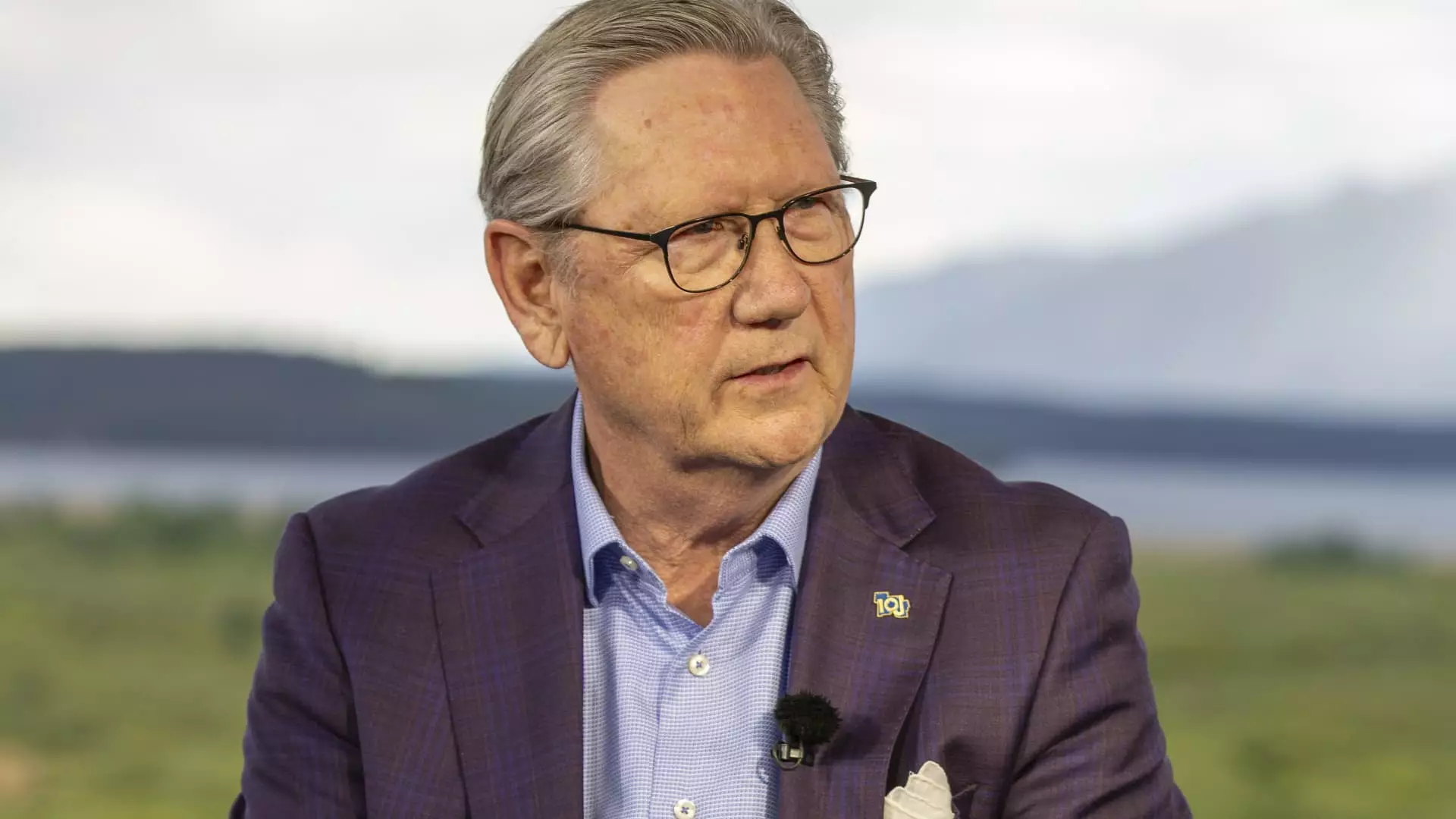In the current economic landscape, there’s a compelling temptation among policymakers and market players alike to expedite interest rate cuts, driven mainly by the desire to stimulate growth quickly. Yet, history repeatedly demonstrates that such haste often leads to unintended consequences. The narrative spun by some in the White House, advocating for rapid reductions to invigorate housing and lower borrowing costs, neglects the long-term implications of undermining the Federal Reserve’s primary goal: controlling inflation. A sustained, measured approach rooted in data and prudence is vital. Rushing into rate cuts prematurely risks reigniting inflationary pressures, eroding the stability that the economy has painstakingly achieved, and ultimately saddling future generations with the fallout.
The Myth of Easy Monetary Policy Solutions
There’s an unfounded belief propagated by political figures and some market segments that lowering interest rates is a straightforward fix to economic woes like sluggish housing markets or high borrowing costs. This oversimplification dangerously ignores the complex dynamics at play. Lower rates can spark short-term activity but often at the expense of inflation stability. Central banks are tasked with balancing on a tightrope—supporting growth without letting inflation spiral out of control. The advocacy for aggressive rate cuts ignores the nuanced signals from inflation metrics and employment data, potentially leading policymakers astray. An overly aggressive stance disregards the lessons embedded within economic cycles: quick fixes rarely produce lasting prosperity.
Inflation: The Hidden Saboteur of Trust
Inflation isn’t merely an abstract economic concept; it’s a fundamental threat to core economic fundamentals—purchasing power, savings, and long-term financial planning. The Kansas City Fed’s Jeffrey Schmid’s cautious stance underscores that the inflation battle isn’t over; in fact, it’s more critical than ever. When inflation hovers around 3%, instead of the Federal Reserve’s target of 2%, it signals that inflation control measures aren’t yet sufficient. Pushing for lower interest rates in this environment risks energizing inflation again, which diminishes the credibility of the Fed. Trust in monetary policy is fragile—once lost, it’s extremely difficult to regain. Politicians and markets must understand that patience is a virtue in the fight against inflation, not an obstacle to growth.
The Political Environment’s Stranglehold on Monetary Policy
The increasing politicization of the Federal Reserve weakens its independence and hampers its ability to make unbiased decisions based solely on economic data. Pressure from White House officials, especially amid partisan battles, creates dangerous interference, undermining the credibility of the central bank. The recent accusations and public demands for resignation of officials like Lisa Cook exemplify a troubling trend: monetary policy should be crafted through rigorous analysis, free from personal attacks and political vendettas. When politicians treat the Fed as a pawn to their short-term political agendas, the long-term health of the economy suffers. A truly effective and resilient monetary policy framework must be insulated from such undue influence.
The Path Forward: Prudence Over Panic
As the Fed navigates a cautious path between inflation control and economic growth, its policymakers must resist the siren call of easy political wins. The focus should remain on achieving sustainable inflation targets rather than succumbing to market pressures or political expediency. The cautious stance of officials like Schmid, emphasizing data-driven decision-making and patience, is a sober reminder of the importance of discipline. Rushing to lower interest rates not only jeopardizes inflation targets but risks deepening economic volatility down the line. The true key to prosperity lies in maintaining confidence—confidence that the Fed will stay the course and prioritize the long-term stability of the economy over short-term political gains.

